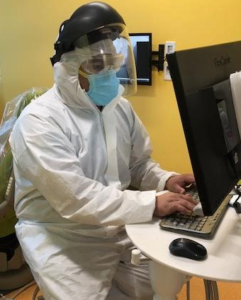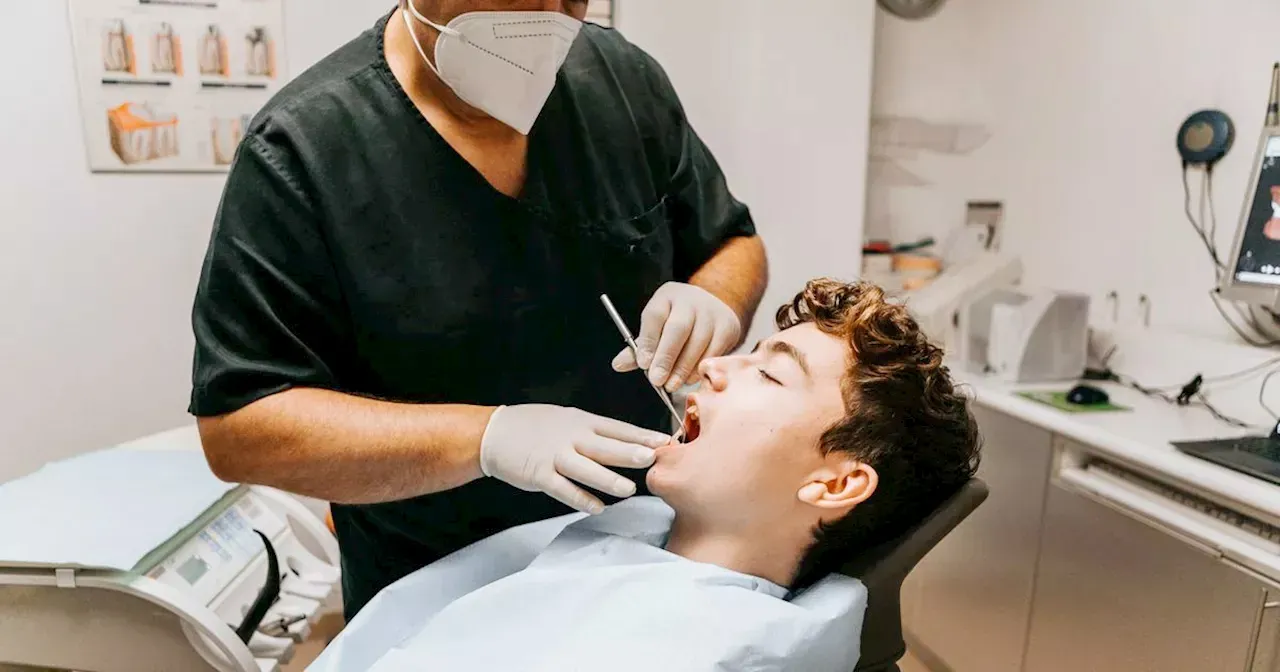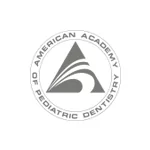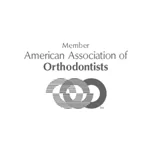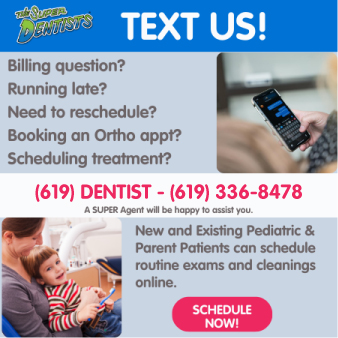- There has been no evidence of coronavirus transmission in dental offices since many reopened in May.
- Dentists have universal precautions in place to prevent the transmission of any infectious disease.
- Oral health has a cascading effect on overall health, so it’s important to keep up with your cleanings and preventive dental care.
However, it’s actually a low-risk activity for the patient, said Amesh Adalja, an infectious disease expert at the Johns Hopkins University Center for Health Security.
“I would be more worried about my dentist than I would myself contracting the virus there,” Adalja told Insider.
Dentists aren’t too concerned either. After the WHO’s recommendation to delay routine dental care in certain situations due to COVID-19, the American Dental Association released a statement saying it “respectfully yet strongly disagrees.”
Since mid-May, most dental offices in the US have been open for routine care. During those four months, there has been no evidence of COVID-19 transmission in dental offices, Kami Hoss, DDS, said — “a remarkable track record.”
Along with implementing new screening procedures, dentists have taken steps to clear out their waiting rooms, reduce the potential aerosols created by some dental procedures, and ramp up personal protective equipment worn by dental professionals since reopening.
Dentists treat every patient like they could have every infectious disease
Dentists have been dealing with the possibility of coming into contact with infectious diseases from HIV to hepatitis since well before the coronavirus pandemic.
“As a profession, we are infection control experts,” Hoss said. “We’ve always had to deal with infectious diseases and diseases that are easily transmitted via air or through blood.”
It’s already standard practice for dentists and hygienists to wear masks and gloves to decrease their risk of transmitting or contracting diseases, and they’ve only stepped up their PPE since the pandemic, Hoss said.
The ADA also recommends additional precautions to reduce the creation of aerosols, which can carry viral particles through the air. Those measures include using high-powered suction whenever possible, and, for longer procedures, limiting exposure with rubber dental dams.
You won’t find magazines in waiting rooms anytime soon
Back when dental offices in the US closed to non-emergency care in March, the primary concern was transmission in crowded waiting rooms, not during dentist-patient interactions, Gehani said.
The ADA has since encouraged dentists to limit the number of people that pass through their offices and take away some of the shared objects they might touch. At Gehani’s practice in New York, a waiting room that could hold 14 people now seats four — and there are no magazines in sight.
Hoss said the check-in process that used to take place in his waiting room is now almost entirely virtual. Patients undergo a phone screening before they book an appointment, fill out forms online instead of at reception, and they’re screened again and get their temperature checked before they enter the office.
Oral health affects your overall health, so now is not the time to skip your cleaning
Much of dental care is preventive in nature, Hoss said, so it’s important to keep up with regular cleanings and not put off filling cavities. Delaying a simple procedure could result in a much more costly, involved operation down the line.
Poor oral hygiene can also have “cascading effects” on other aspects of your health, Adalja said. He said he never advocated for the closure of dental offices during the pandemic because he considers dentistry to be an essential health service.
Studies have shown gum disease is associated with a higher risk of dementia, heart disease, and rheumatoid arthritis, among other health issues. And according to a pre-print of a study due to be published in the Journal of the California Dental Association next month, COVID-19 patients with gum disease have a higher risk of developing acute respiratory complications and dying.
“During a pandemic, one of the best things we can do is to stay healthy, and staying healthy starts with our oral health,” Hoss said.
This article by Andrea Michelson was originally posted on Insider.com on September 18, 2020.

